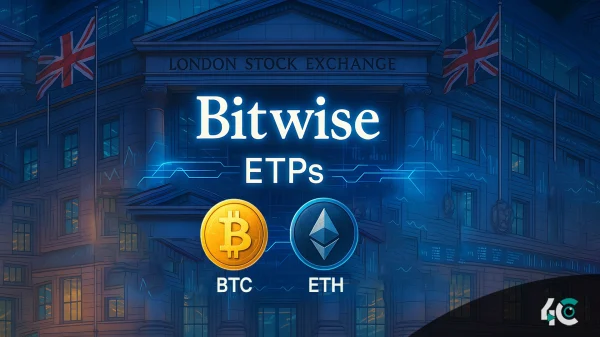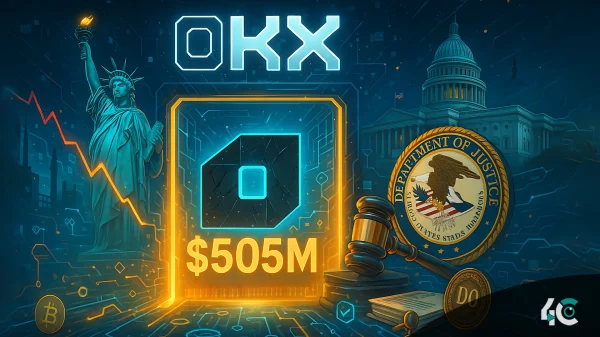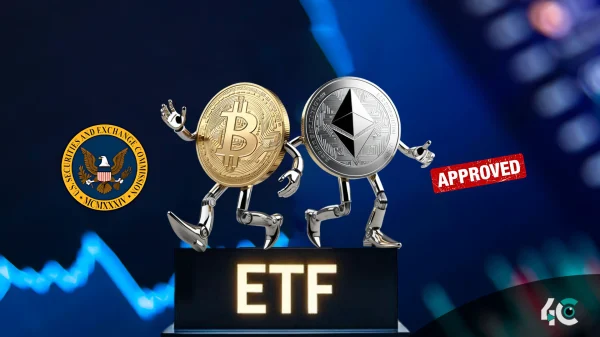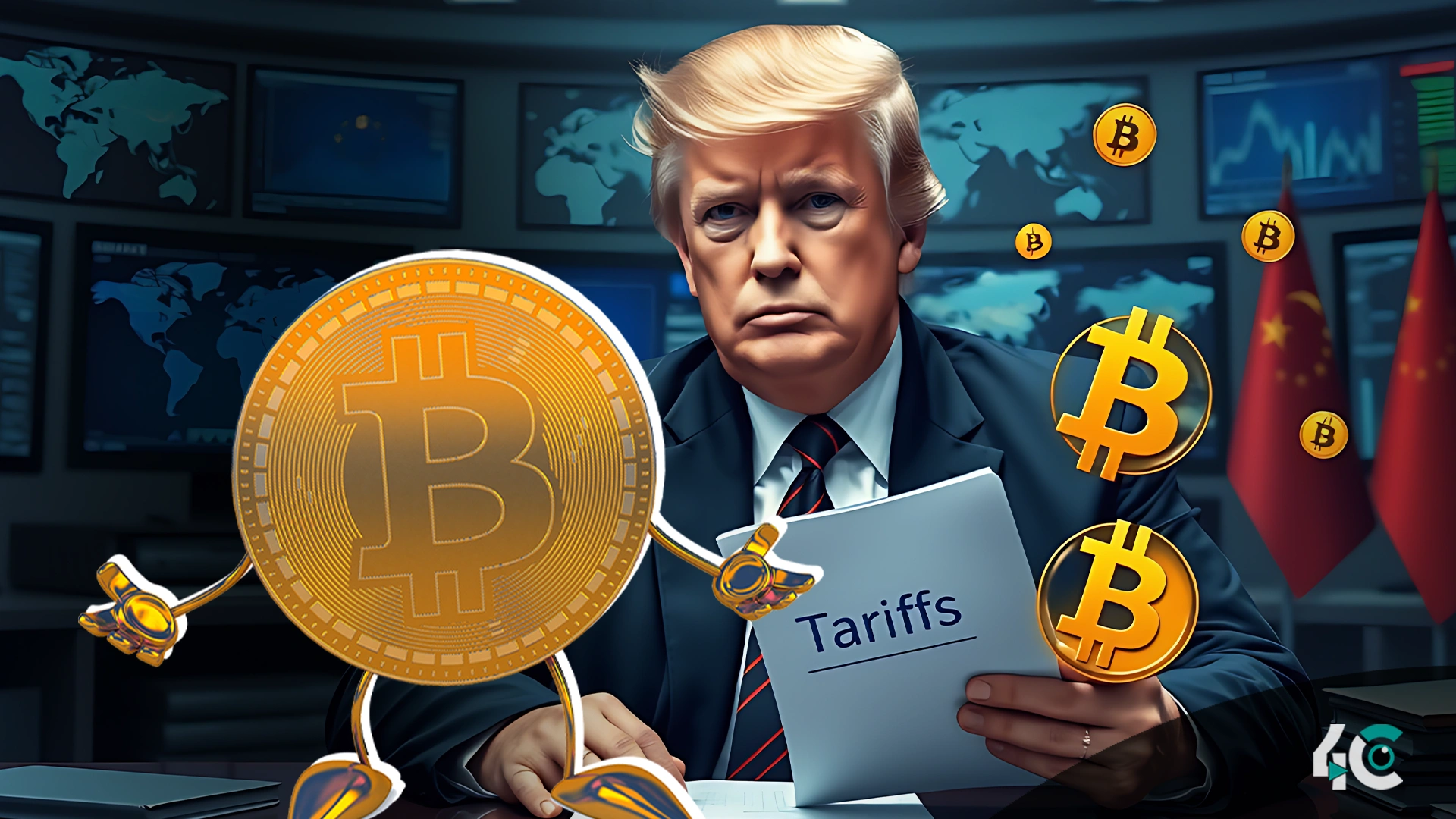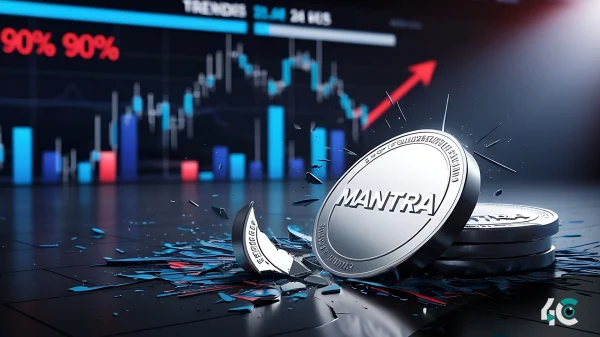Bitcoin is experiencing a surge in popularity as nations around the world implement stricter trade restrictions and tariffs. With traditional financial systems facing hurdles, businesses and individuals are turning to decentralized cryptocurrencies to navigate international commerce. Bitcoin’s borderless nature and limited government control make it an appealing option in an increasingly fragmented global economy.
Bitcoin Rises as Global Trade Tensions Mount
With growing trade fights and geopolitics, people want to invest their money in BiBiBitcoins to save their funds from the unreliability of mainstream finance. As nations set up counter-tariffs and stock exchanges see huge swings, the lure of decentralized digital assets like Bitcoin is big as of now.
Trump’s steep import tariffs in the U.S. are beneficial for Bitcoin. President Donald Trump sent global stock markets into a selling frenzy that briefly pushed the Bitcoin price below $75,000. Even though the price went down for a bit, people still wanted to buy Bitcoin because it was safe.
No government, central bank, or precious metal issues Bitcoin as a commodity, and it is available 24/7. This special quality has gained the attention of investors who are wary of owning traditional assets, which may devalue due to inflation.
A Shift Away from Traditional Assets
According to industry leaders’ notes, many investors are diversifying their portfolios away from state-backed assets. As geopolitical tensions heighten, Bitcoin is increasingly being seen as an alternative to government-issued currencies, as it allows for immediate payment without relying on a traditional bank.
Despite the aforementioned, gold remains the main haven. Many experts say that Bitcoin may be heading in that direction, although its recent volatility is rather high. However, as it matures, the growing adoption of Bitcoin will reduce its volatility, thereby reinforcing confidence in its potential as a valuable store.
Bitcoin’s Role in International Trade
Recent events show how important Bitcoin is for financial systems. Countries like China and Russia are now reportedly using Bitcoin and other cryptocurrencies to settle trade deals. This shows that reliance on the US dollar is declining. Likewise, the adoption of digital currencies in the energy and utility sectors in Bolivia and France further illustrates the attractiveness of crypto as an unbiased and borderless payment.
These trends show how many countries that want to lessen their dependence on the dollar economy are looking at cryptos as alternatives to more traditional financial correspondence. Countries dealing with complicated geopolitical situations are using Bitcoin due to its decentralized nature.
Market Optimism and Investment Opportunities
Although the discussions on tariffs remain suspended, traditional markets may face a weight downer for some time. However, some analysts believe that success in the negotiations may spark renewed optimism in the crypto space. Current market conditions could be favorable for investors looking to “buy the dip,” especially if Bitcoin is now considered more than just an asset of speculation.
Individuals are recognizing the potential of this digital currency not only for investment but also for international trade and value storage. Bitcoin is gaining traction not just as a hedge against uncertainties but also as a viable option in the expanding world of global finance for the future of money.
Conclusion
The rising trade tensions show how Bitcoin is becoming an asset that investors can trust as well as use. There are still several challenges to overcome, including volatility and regulatory issues that impact its use. But still, its decentralized nature, liquidity, and utility in cross-border trade make it attractive. As the world becomes more of a global village, Bitcoin is likely to play an important part in storing wealth and transferring it more effectively than traditional means.



